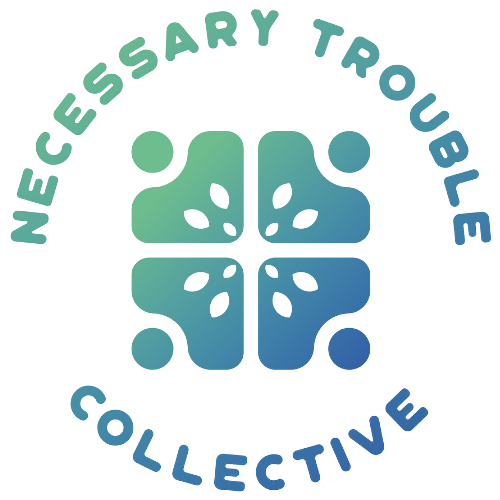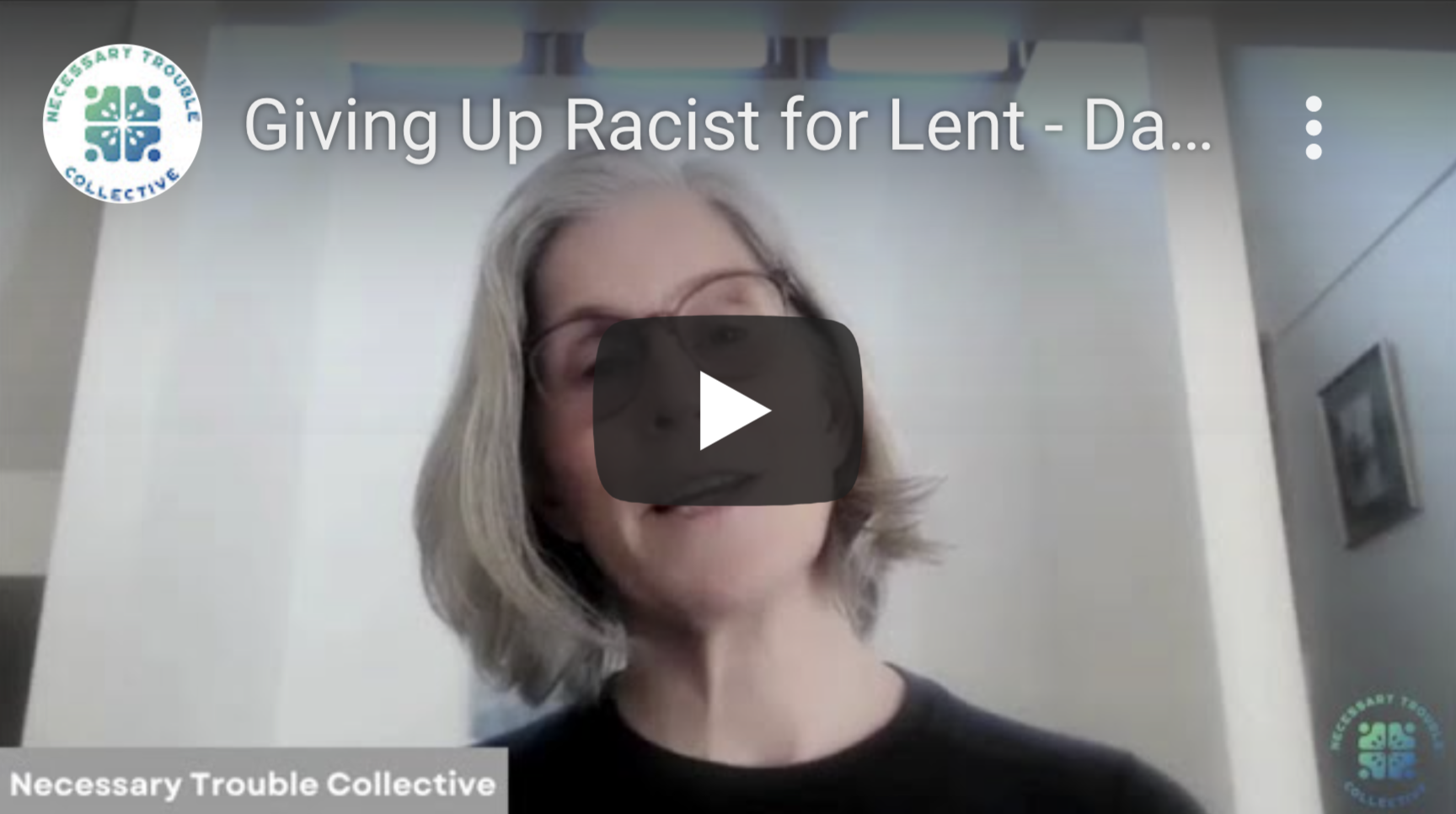DAY 20: Give up assuming that the justice system is “just”
Much of what we consider to be our justice system evolved to either uphold slavery or forcibly remove Indigenous People from their land. Canada’s RCMP, originally the Northwest Mounted Police, was established as a paramilitary force to secure Canadian sovereignty in the West and prepare the way for white settlement of Indigenous land. Policing in the US evolved out of slave patrols in the south and watchmen in the north.
To put it bluntly, our justice system was established to protect white people, their property and their commercial interests. These goals continue to influence our justice system through legal precedent, case law, police culture and practices and a lack of independent oversight and accountability. What this means practically is that white-identified people are not policed to the same extent and in the same way that Black, Indigenous and People of Colour are, despite our belief that our justice system is impartial.
Recent statistics on incarceration rates and police surveillance bear this out. In the US, African-American adults are 6 times more likely to be incarcerated than whites and Hispanics are 3 times more likely. In Halifax, Black residents are 6 times more likely than white residents to be stopped and questioned by police.
And while BIPOC are over-policed as alleged perpetrators of crime, they receive less protection from police as victims of crime. For example, between 1992 and 2003, Black residents of Toronto were 4 times more likely to be the victim of homicide than white residents.
And finally, BIPOC are disproportionately subjected to police violence. Data from Ontario’s Special Investigation Unit showed that from 2013 – 2017, while Black people made up roughly 9% of Toronto’s population, they accounted for 61.5% of police use of force case incidents that resulted in civilian death; and 70% of police shootings that resulted in civilian death.
SELF REFLECTION: What is your relationship with the police in your community? Can you rely on them to be there when you need it? Now, imagine if you couldn’t rely on them when you were in danger. Imagine if you knew there was a chance they would arrest you or even harm you instead of helping you? How might this change your perspective on the role of policing in our society?
TIP: Read up on defunding the police, which is not about getting rid of police, but about shifting resources to provide services that better serve all community members in need.
RESOURCES:

